Arabic apricot, scientifically known as Prunus armeniaca, is a fruit that holds immense cultural and economic significance within the Arab world. Renowned for its unique flavor, nutritional benefits, and various uses, the Arabic apricot has become a sought-after commodity in international markets. In this article, we delve deeper into the origins, qualities, and potential business opportunities associated with this versatile fruit. 1. Rich Cultural Heritage: The Arabic apricot has long been celebrated in Arabian folklore, literature, and culinary traditions. The fruit’s connection to the region’s history and heritage provides a unique selling point for businesses interested in catering to a niche market or exploring opportunities in the Arab world.
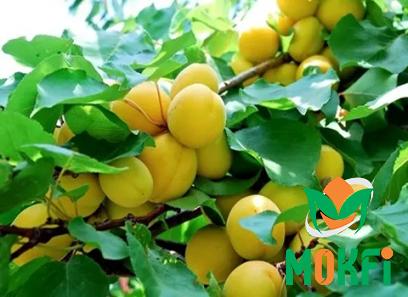
.
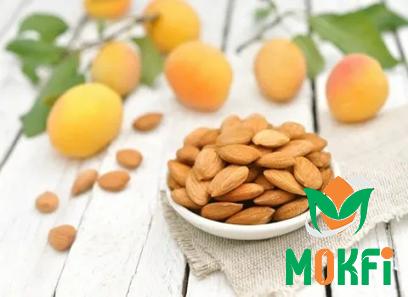 2. Unique Flavor Profile: Distinct from its counterparts, the Arabic apricot boasts a flavor profile characterized by a perfect blend of sweetness and tanginess. This distinctive taste makes it particularly appealing to consumers seeking variety and a memorable culinary experience. 3. Nutritional Benefits: Arabic apricots are rich in vitamins, minerals, and dietary fiber, making them an ideal addition to a balanced diet. Packed with nutrients such as vitamin A, C, potassium, and antioxidants, these fruits offer a multitude of health benefits, such as improved eye health, boosted immunity, and enhanced digestion.
2. Unique Flavor Profile: Distinct from its counterparts, the Arabic apricot boasts a flavor profile characterized by a perfect blend of sweetness and tanginess. This distinctive taste makes it particularly appealing to consumers seeking variety and a memorable culinary experience. 3. Nutritional Benefits: Arabic apricots are rich in vitamins, minerals, and dietary fiber, making them an ideal addition to a balanced diet. Packed with nutrients such as vitamin A, C, potassium, and antioxidants, these fruits offer a multitude of health benefits, such as improved eye health, boosted immunity, and enhanced digestion.
..
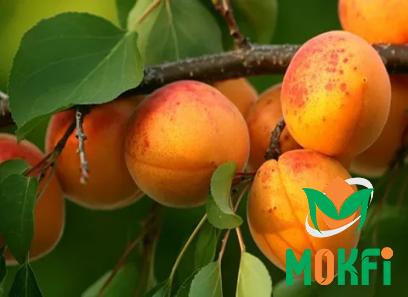 4. Varied Uses: The versatility of the Arabic apricot extends beyond being enjoyed as a fresh fruit. It is commonly used in Arabian cuisine to make jams, preserves, syrups, and desserts. The fruit’s potential in the food industry is vast, making it an innovative ingredient for chefs and food manufacturers to experiment with, leading to a wide range of unique and marketable products. 5. Market Potential: The growing interest in organic and health-conscious choices presents an opportunity for businesses to capitalize on the increasing demand for Arabic apricot products. This includes dried apricots, apricot-based skincare products, oils, and extracts. Entrepreneurs can explore export opportunities by aligning with sustainable and ethically-sourced production practices.
4. Varied Uses: The versatility of the Arabic apricot extends beyond being enjoyed as a fresh fruit. It is commonly used in Arabian cuisine to make jams, preserves, syrups, and desserts. The fruit’s potential in the food industry is vast, making it an innovative ingredient for chefs and food manufacturers to experiment with, leading to a wide range of unique and marketable products. 5. Market Potential: The growing interest in organic and health-conscious choices presents an opportunity for businesses to capitalize on the increasing demand for Arabic apricot products. This includes dried apricots, apricot-based skincare products, oils, and extracts. Entrepreneurs can explore export opportunities by aligning with sustainable and ethically-sourced production practices.
…
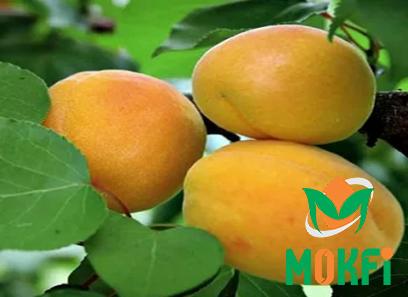 6. Sustainable Farming: Arabic apricots are predominantly grown in the semi-arid regions of the Arab world. The sustainable cultivation of these fruits is critical to preserving the environment and ensuring a consistent supply. Through responsible farming practices, businesses can contribute to the preservation of the region’s agricultural heritage while meeting market demands. 7. Building Partnerships: To thrive in the Arabic apricot industry, establishing strategic partnerships with local farmers, suppliers, and distributors can be key. Collaborations can help create a reliable supply chain, guarantee high-quality products, and foster mutually beneficial relationships. Conclusion: The Arabic apricot is more than just a fruit; it’s a symbol of the rich culture, history, and nourishment of the Arab world. Its unique flavor, nutritional benefits, and versatile uses provide businesses with an array of opportunities, both domestically and internationally. By recognizing the market potential and embracing sustainable practices, entrepreneurs can unlock the full potential of the Arabic apricot and pave the way for a successful and rewarding venture.
6. Sustainable Farming: Arabic apricots are predominantly grown in the semi-arid regions of the Arab world. The sustainable cultivation of these fruits is critical to preserving the environment and ensuring a consistent supply. Through responsible farming practices, businesses can contribute to the preservation of the region’s agricultural heritage while meeting market demands. 7. Building Partnerships: To thrive in the Arabic apricot industry, establishing strategic partnerships with local farmers, suppliers, and distributors can be key. Collaborations can help create a reliable supply chain, guarantee high-quality products, and foster mutually beneficial relationships. Conclusion: The Arabic apricot is more than just a fruit; it’s a symbol of the rich culture, history, and nourishment of the Arab world. Its unique flavor, nutritional benefits, and versatile uses provide businesses with an array of opportunities, both domestically and internationally. By recognizing the market potential and embracing sustainable practices, entrepreneurs can unlock the full potential of the Arabic apricot and pave the way for a successful and rewarding venture.
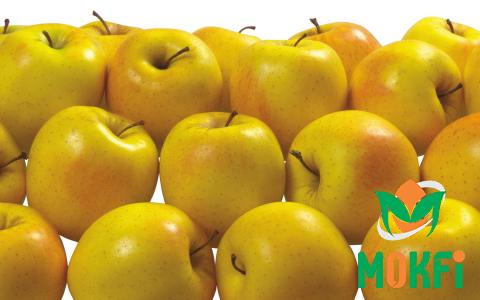
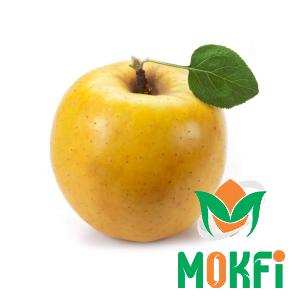
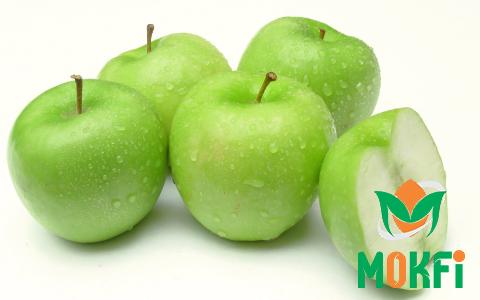
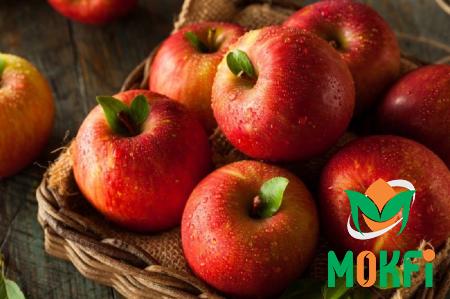
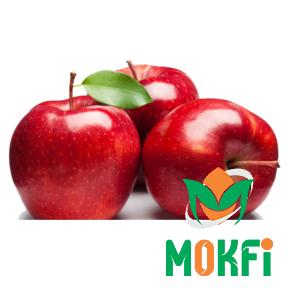
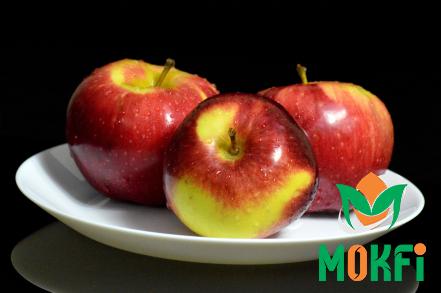
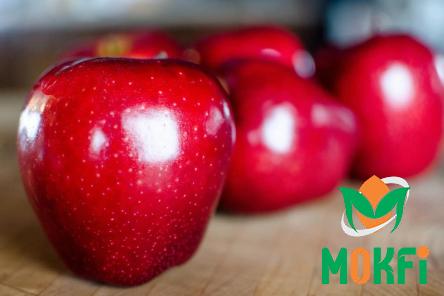
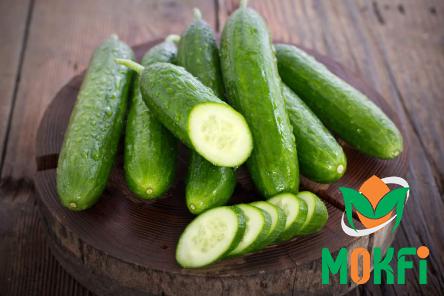
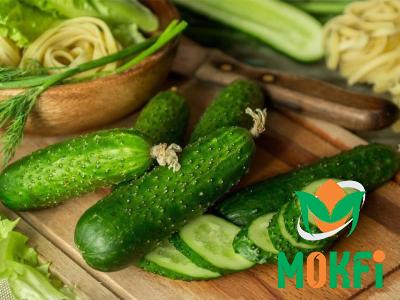
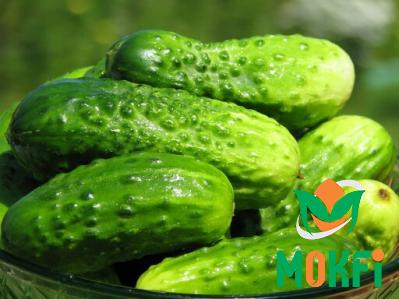
Your comment submitted.